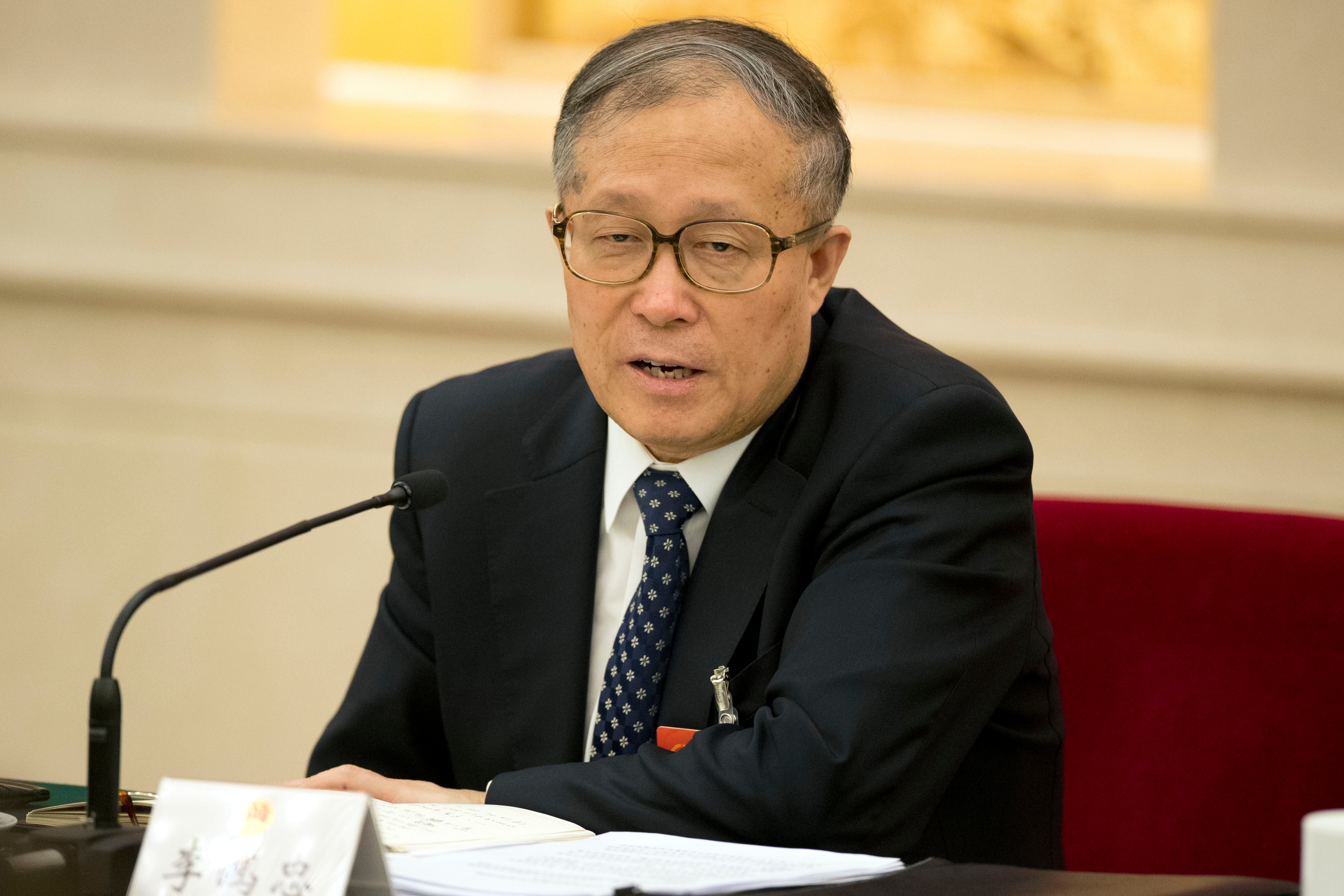Chinese and Russian officials to join North Korean commemorations of Korean War armistice
Both Russia and China are sending government delegations to North Korea this week for events marking the 70th anniversary of the armistice that halted fighting in the 1950-53 Korean War

Both Russia and China are sending government delegations to North Korea this week for events marking the 70th anniversary of the armistice that halted fighting in the 1950-53 Korean War.
The visits suggest North Korea is further opening up after years of self-imposed pandemic isolation and is eager to showcase its partnerships with authoritarian neighbors in the face of deepening nuclear tensions with Washington, Seoul and Tokyo.
North Korea’s state media said Wednesday that a Russian delegation led by Defense Minister Sergei Shoigu arrived in Pyongyang Tuesday evening where they were greeted by senior North Korean officials including Defense Minister Kang Sun Nam. Shoigu’s ministry said the delegation’s visit will help strengthen relations and mark “an important stage” in the development of bilateral cooperation.
China’s ruling Communist Party is also sending a mid-level official, Li Hongzhong, in hopes of restoring exchanges between the allies.
North Korea has been preparing huge celebrations of the anniversary that are likely to be capped off by a military parade in the capital, Pyongyang, where leader Kim Jong Un could showcase his most powerful, nuclear-capable missiles designed to target neighboring rivals and the U.S.
Pyongyang’s official Korean Central News Agency said that Kim and his top defense and foreign policy officials visited two cemeteries, including one for Chinese troops who died while fighting alongside North Korea during the war.
Kim expressed gratitude for the Chinese soldiers who dedicated their lives to repel imperialist aggression, calling them “martyrs" who would be "immortal in the hearts of the Korean people."
North Korea launched the Korean War, an unsuccessful attempt to conquer its southern rival. No peace treaty ending the conflict has ever been signed, and the border between the Koreas remains one of the most tense in the world. The North still celebrates the armistice as a victory in the “Grand Fatherland Liberation War.”
The conflict brought in forces from the newly created People’s Republic of China, aided by the then-Soviet air force, while South Korea, the U.S. and troops from various countries under the direction of the United Nations battled to repulse the invasion.
Li is a member of the party’s high-level Politburo and a deputy chairperson of the ceremonial parliament, giving him national office, but not the level of status that would convey a full-bore expression of Chinese backing for North Korea at an ambiguous time in relations.
The anniversary comes during a time of heightened tensions in the region as the pace of both North Korea’s weapons tests and the United States’ military exercises with South Korea have intensified in a tit-for-tat cycle.
Some experts say North Korea might ramp up its weapons tests around the anniversary of the armistice on Thursday, July 27. North Korea has conducted three sperate rounds of missile firings since last week, apparently in protest of the United States sending naval vessels, including a nuclear-armed submarine, to South Korea in a show of force.
Since the start of 2022, North Korea has test-fired around 100 missiles, as Kim exploits the distraction created by Russia’s war on Ukraine to accelerate the expansion of the nuclear-capable weapons he sees as his strongest guarantee of survival.
North Korea has also been aligning with Russia over the war in Ukraine, insisting that the “hegemonic policy” of the U.S.-led West has forced Russia to take military action to protect its security interests. The Biden administration has accused North Korea of providing arms to Russia to aid its fighting in Ukraine, although the North has denied the claim.
Both Moscow and Beijing have been thwarting U.S. efforts to strengthen U.N. Security Council sanctions on North Korea over its flurry of missile tests.
Li is a member of the party’s high-level Politburo and a deputy chairperson of the ceremonial parliament, giving him national office, but not the level of status that would convey a full-bore expression of Chinese backing for North Korea at an ambiguous time in relations.
China was invited to send a “high-level delegation” to attend commemorative activities in North Korea, Chinese Foreign Ministry spokesperson Mao Ning said at a daily briefing Tuesday.
“We believe the visit will be conducive to promoting the sound and stable development of (bilateral) relations, contributing to regional peace and stability, and creating conditions for a political settlement of the (Korean) peninsula issue,” Mao said.
China has joined United Nations sanctions against North Korea over its missile and nuclear programs but remains its most important economic and political ally. Little is known about discreet contacts between the two, but Beijing has long been committed to preventing the collapse of North Korea’s three-generation-old Kim regime.
Dangerous and uncertain factors resulting from a collapse could include a wave of refugees crossing into China, a scramble for control of North Korea’s nuclear weapons and the sudden presence of South Korean and American troops along China’s border.
Kim has visited China in past years, while Chinese leader Xi Jinping traveled to the North in 2019 in what was seen as partly an effort to use their ties to leverage concessions from the U.S. and its allies on their security arrangements in the region.
Such visits came to a halt as an increasingly isolated and impoverished North Korea closed its borders to prevent the spread of COVID-19.
Bookmark popover
Removed from bookmarks